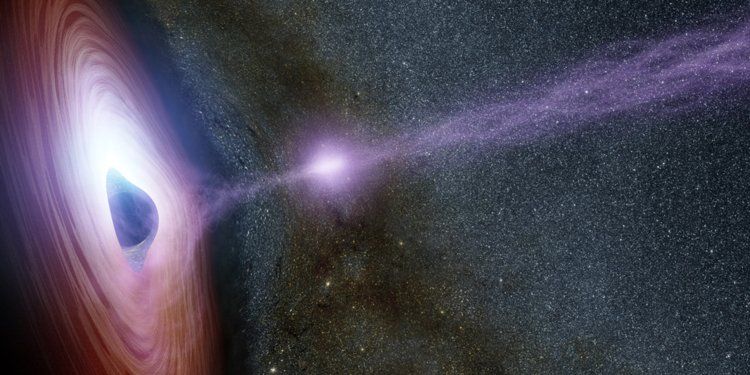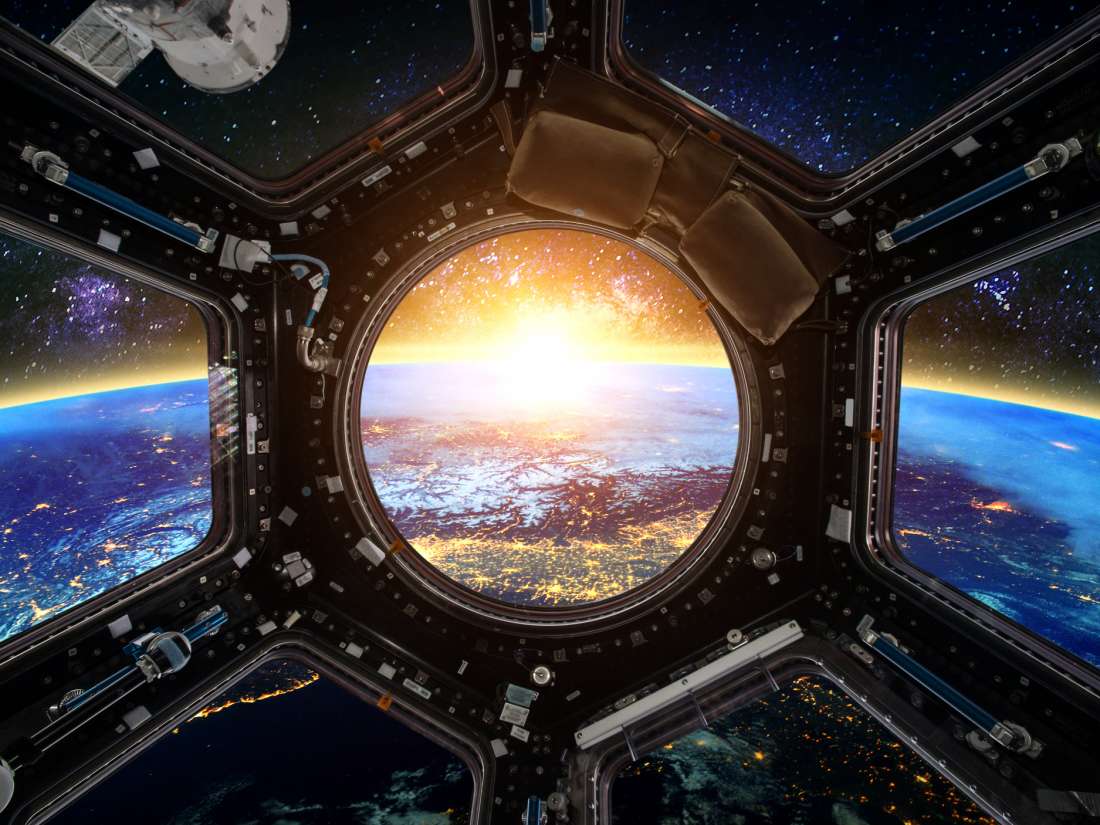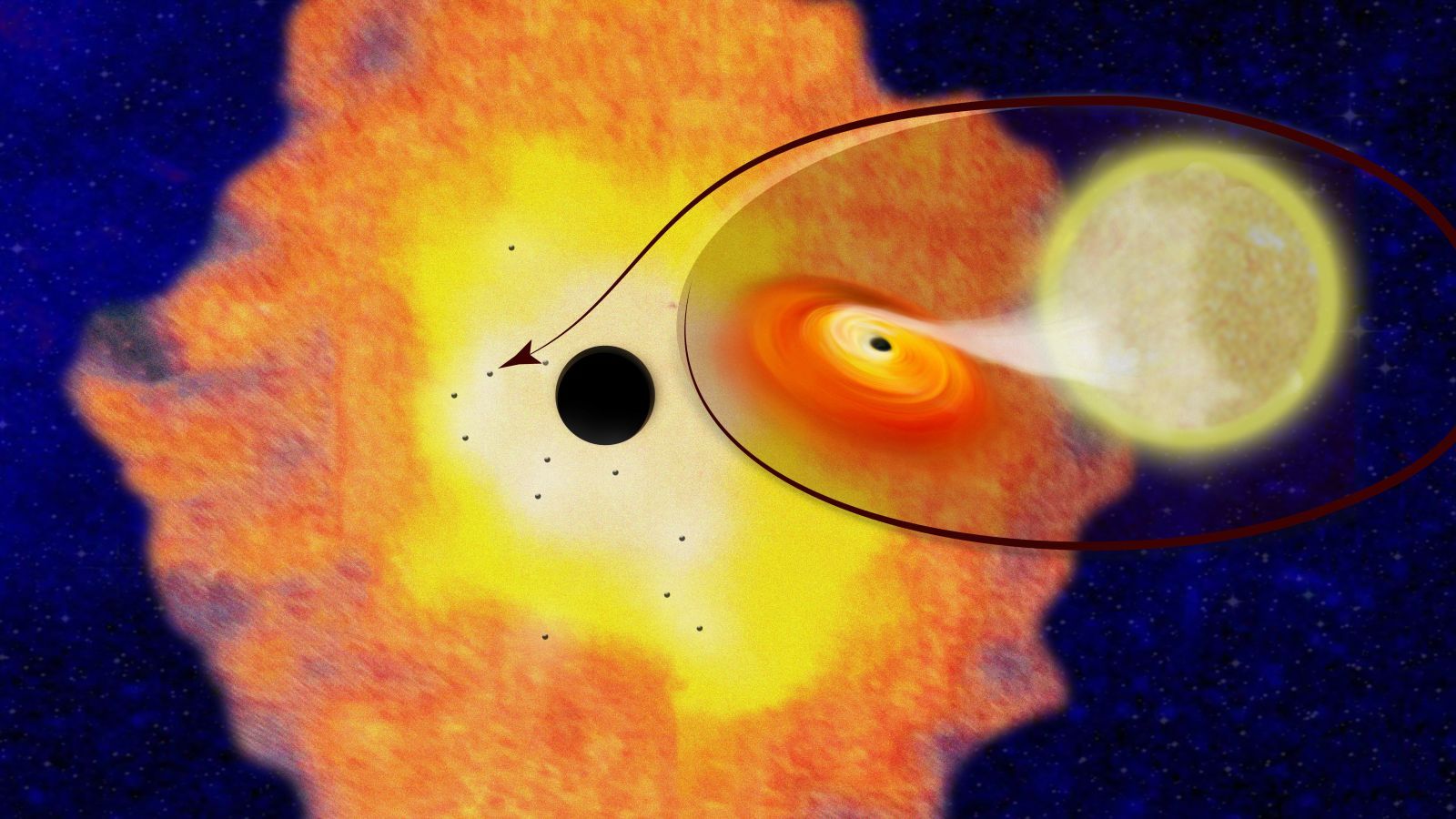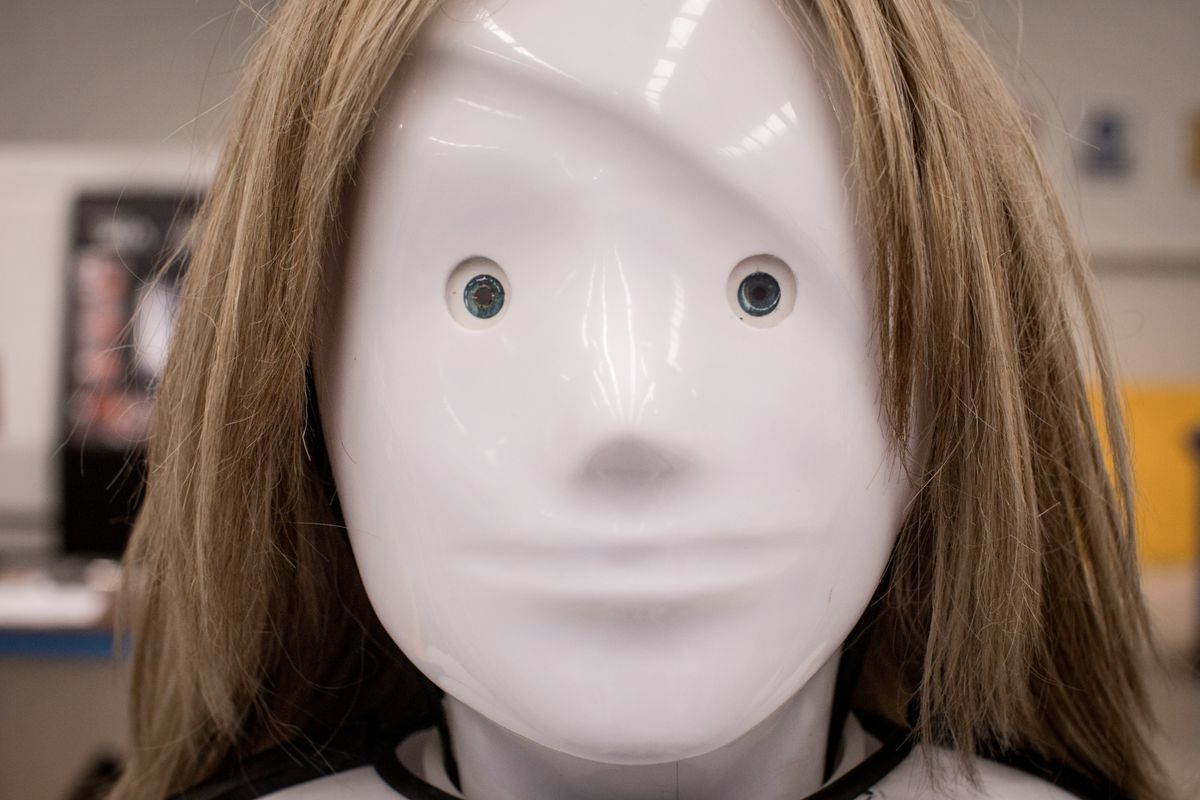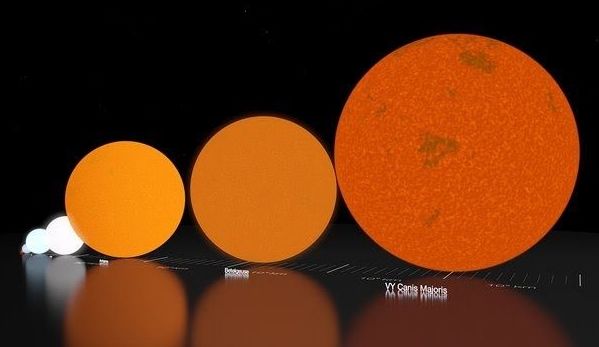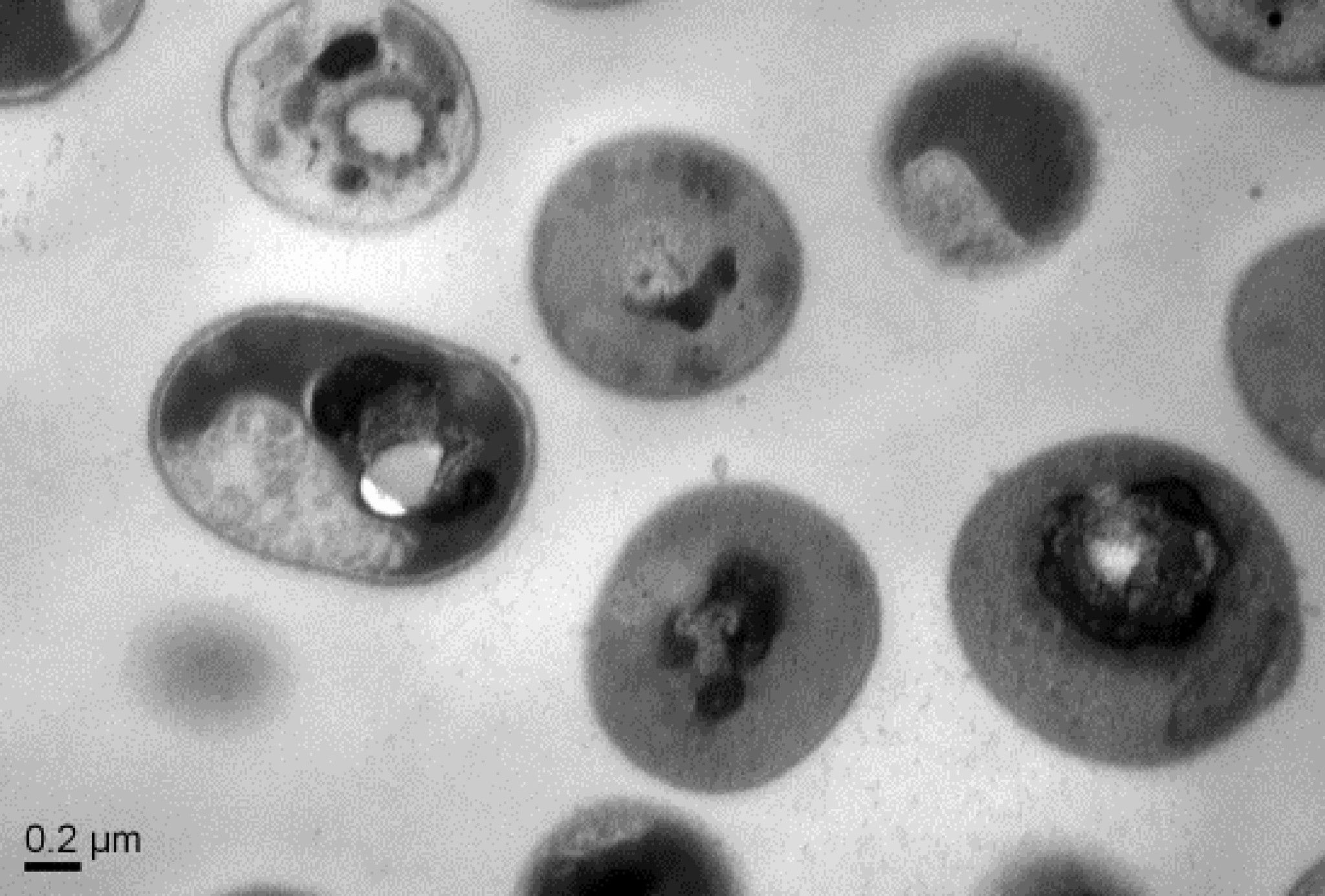Hot rain? Not quite, but one of the unique characteristics of the soaker aimed at the Bay Area on Friday and Saturday is its warmth.
Forecasters are calling this “atmospheric river” with a moisture plume stretching back to the Hawaiian Islands “remarkable,” and saying it’s likely to be the warmest storm of the season.
“The reason for this warmth is the subtropical origins of the air in this system,” says Daniel Swain, a climate scientist at UCLA. “It won’t be unusually warm for April, per se, when most days are rain-free, but it will certainly be warm for a rainy day at any time of the year.

